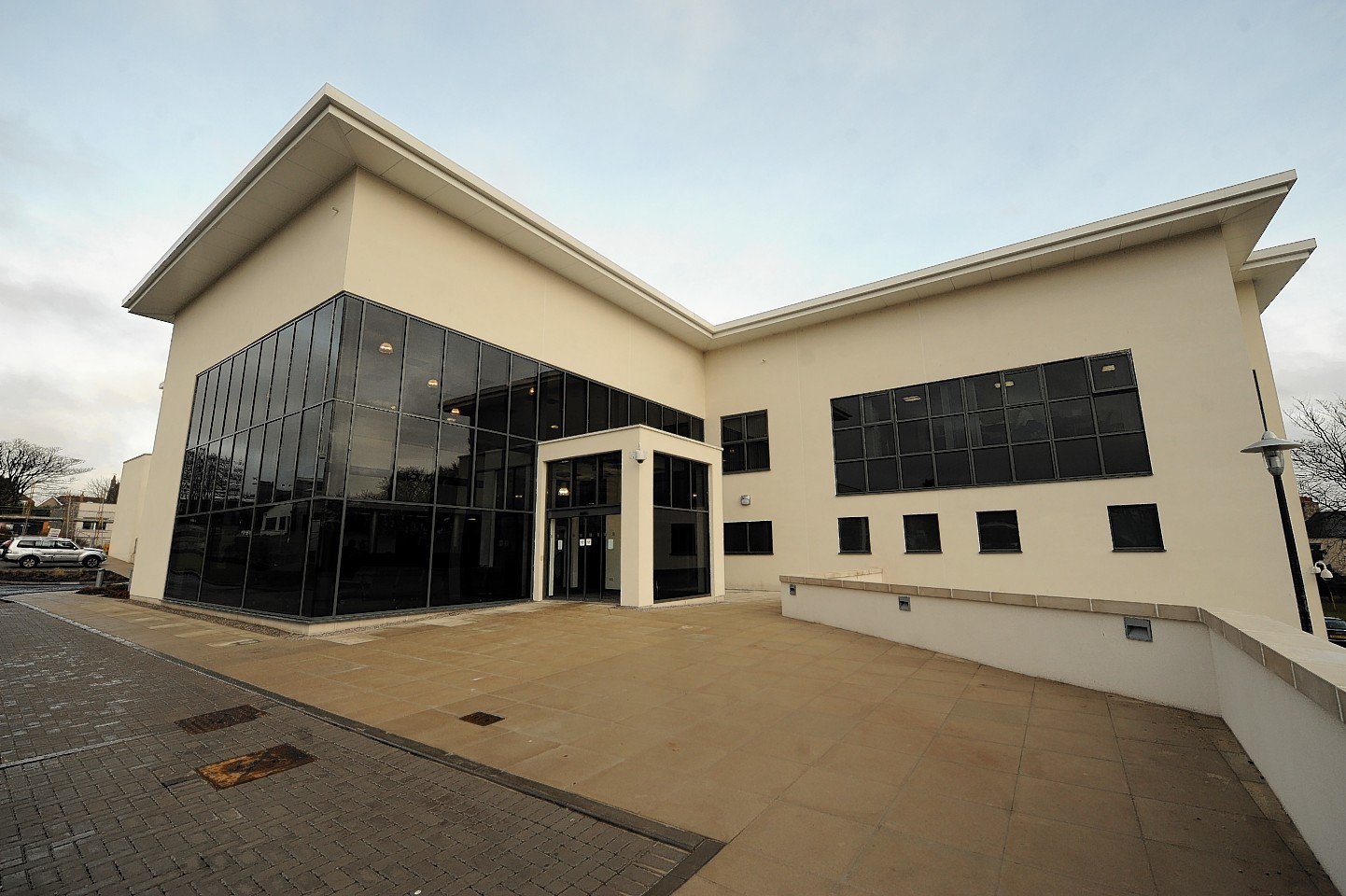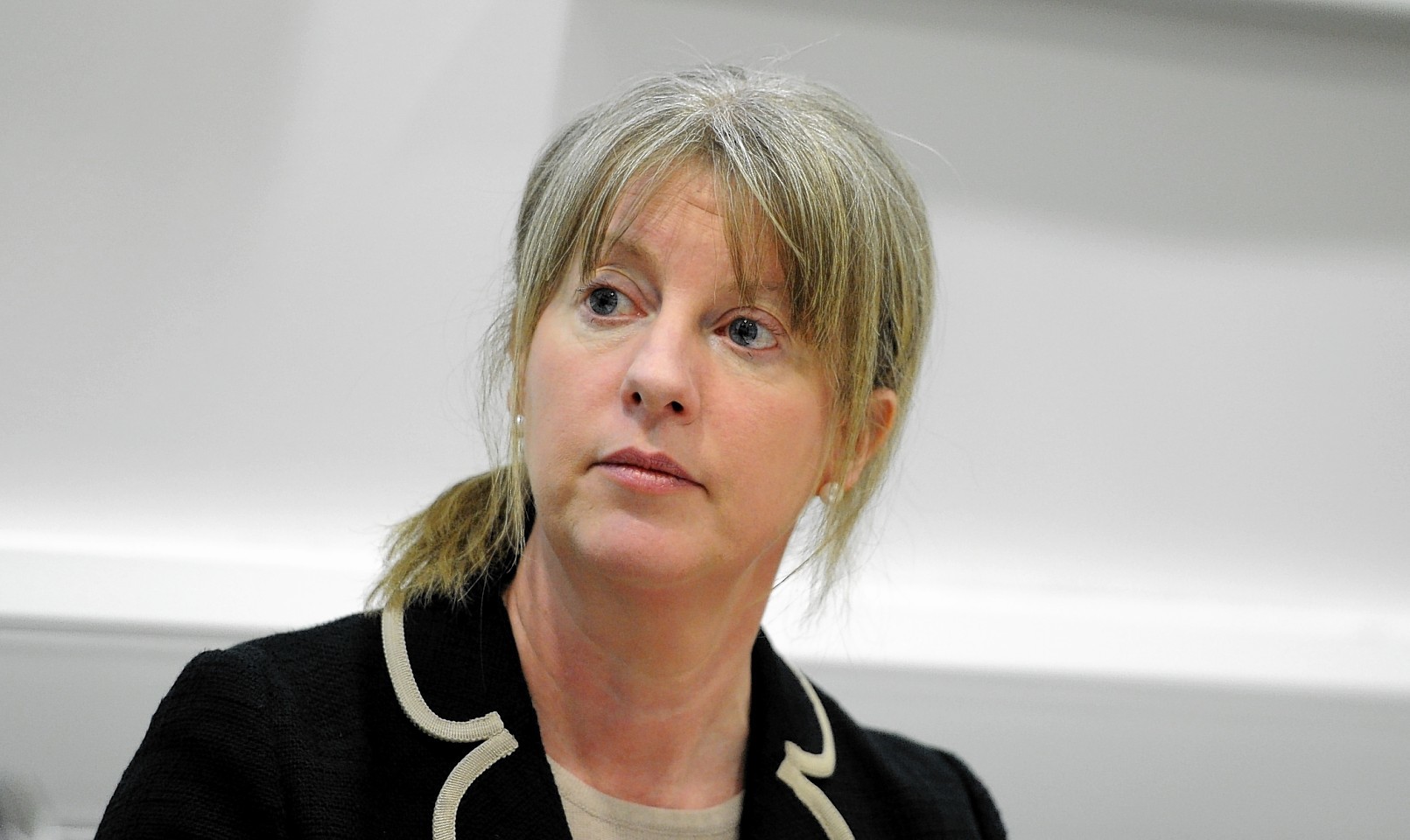Twelve patients suffered botched treatment at the hands of student dentists in Aberdeen – including work carried out on the wrong teeth.
The failings have emerged in a damning report on last year’s graduate class which revealed clinical standards were among the “lowest levels” expected.
Inspectors from the General Dental Council raised a series of concerns following a visit to the flagship Aberdeen Dental School, which is run by Aberdeen University, in April 2014.
During a visit to the city yesterday, Health Secretary Shona Robison said she was aware of the report and was “keeping an eye” on improvements being made at the teaching centre.
The report comes as the university searches for a new director of dentistry after Professor Helen Craddock retired last autumn after just a year in the job.
A cluster of nine “adverse events” were recorded between January and March last year, mainly involving senior students, with a further three problem cases highlighted in May.
In some cases, endodontic patients – commonly those having root canal treatment – suffered perforations, over-preparation of teeth and the wrong tooth being worked on.
One patient was left with a damage to an adjacent tooth following dental work and another suffered tissue damage caused by a type of dental bleach.
Chiefs at the school partly blamed a shortage of patients as a barrier to students learning a full range of clinical skills.
Inspectors identified particular shortages of children and adults needing crowns and dentures, and said this had impacted on those graduating last year.
The report said: “Inspectors were concerned that a number of patients had been harmed and disappointed that the significant threats to the programme were not identified earlier by the school.”
Inspectors were also concerned by a lack of “robust consideration” of clinical work by tutors, given that the standards of dentistry on show were not “universally strong.”
It added: “While it was accepted that the graduating cohort’s exposure to the full range of procedures had been negatively impacted by the situation with patient supply, what was seen on occasions were examples of the lowest level of care expected of a safe beginner.”
The report found a third of the 22-strong cohort failed to graduate last year and final year students had become “increasingly anxious” about meeting their requirements.
A series of clinical tests, to be completed before final exams, was reintroduced in February last year after an earlier recommendation by the GDC was “misinterpreted” by school chiefs, the report found.
As a result of the changes, the senior year of 2014 revolted and lodged a collective complaint to school bosses.
Following the 12 botched cases, supervision increased from one staff member for every six students to one staff member for every three.
The school will now be reinvestigated later this year to ensure a raft of requirements has been met.
A spokesman for Aberdeen University said: “We welcome these inspections as an opportunity for benchmarking our performance, and providing areas for learning, so that we continually improve in training student dentists for clinical practice.
“Feedback from postgraduate trainers details the very positive contribution and safe practice of previous Aberdeen graduates as they begin their careers as practising dentists.
“The patients involved were made immediately aware of any concern with their treatment and the problems were promptly addressed. There were no complaints from the patients, and all processes within the school were reviewed and further improved.”
Ms Robison said she had a “soft spot” for the school and was anxious to see it succeed.
“This was the first big evaluation of the dental school and it was always going to look at things in a very detailed way,” she said.
“All of the 12 incidents have been fully investigated, no patients were harmed and they have to be looked at in the context of 2,700 patients.
“I was the minister for public health who oversaw the development of the school and I have got a soft spot for the school.
“This report shows where there is room for improvement and I have asked for reassurance that all the issues are being acted upon. I will be keeping an eye on things.”
North-east Labour MSP Richard Baker, a longtime campaigner for better dental services in the region, said: “Clearly, this is a deeply concerning report which needs to be acted upon.
“Scottish ministers at the launch of the dental school presented it as the flagship programme to help increase access to dentistry in the north-east. This report raises serious issues which need to be addressed urgently.”


